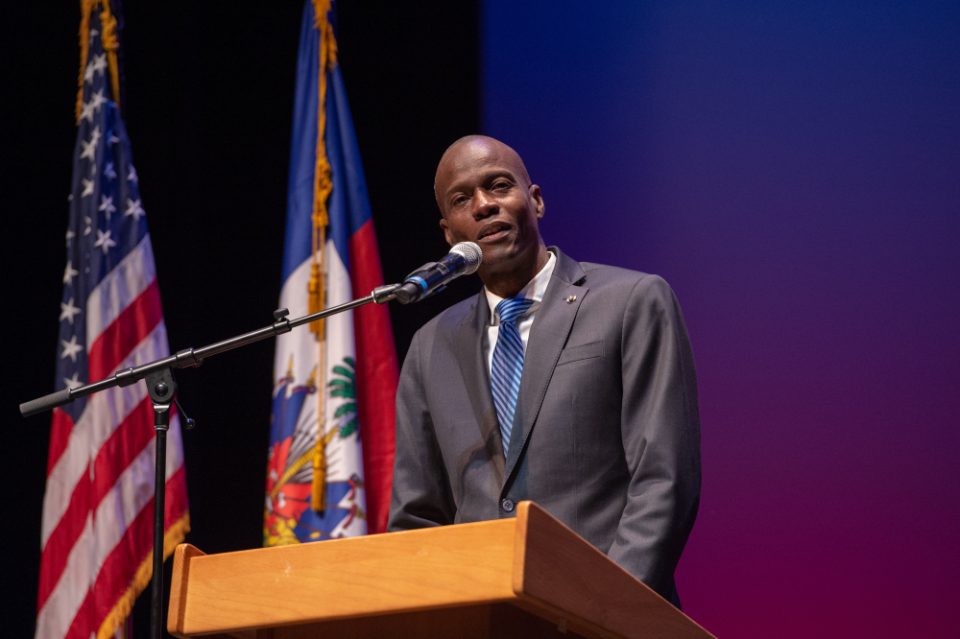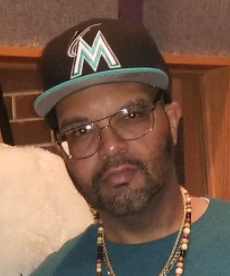
More news has surfaced on the death of former Haitian President Jovenel Moïse who was assassinated in July. According to reports obtained by The New York Times, Moïse was creating a list that included elite politicians and businesspeople suspected of involvement in the country’s lucrative drug trafficking trade and that many of his powerful enemies wanted him dead.
Before his killing, Moïse was gearing to identify the individuals and intended to give the U.S. government the documents. The documents also may have included individuals who paved the way for Moïse to become president, citing four Haitian advisers and officials involved in creating the list.
The 53-year-old Haitian leader was personally acquainted with some of the powerful Haitian elite, who reportedly feared he may have revealed their connection with arms smuggling and drug trafficking, according to the NY Times.
Moïse’s wife, First Lady Martine Moïse, was also home at the time and was wounded during the attack. She stated she survived the attack by pretending to be dead and revealed that the killers searched her husband’s files and fled after taking documents.
Three Haitian officials investigating the assassination further explained to the newspaper that some of the captured gunmen admitted that taking the list was a top priority, so taking the documents is believed to be one of the motives behind the alleged hit.
“I would be a fool to think that narco-trafficking and arms trafficking didn’t play a role in the assassination. Anyone who understands Haiti’s politics or economics understands this,” Daniel Foote, a former U.S. special envoy to Haiti, told the paper.
Moïse led Haiti since 2017 but also faced obstacles like the country’s problems with gang violence. Haiti’s new prime minister, Ariel Henry, swore in a new cabinet in November as the country continues to be plagued by violence, gas shortages, and earthquakes.










